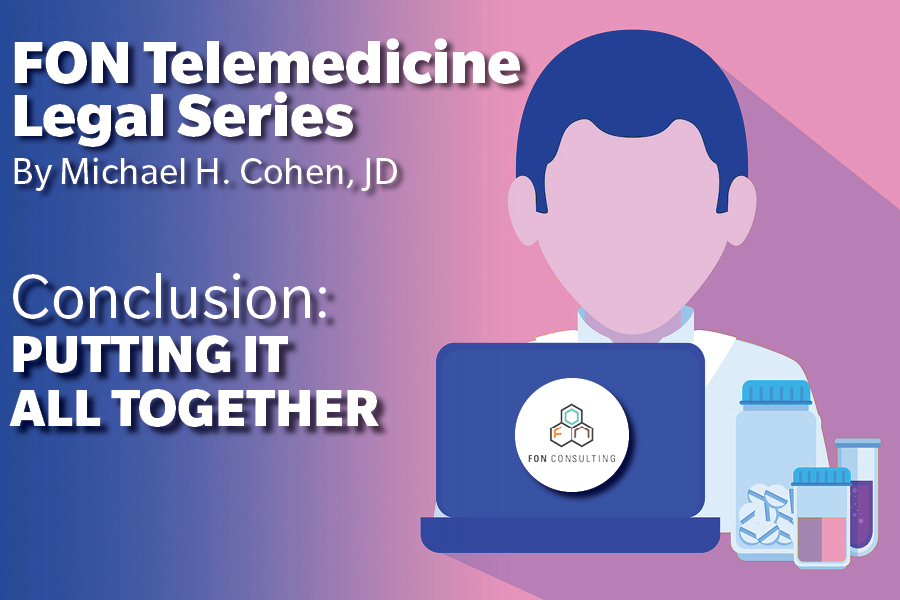
Leveraging Medical Savings Accounts for Integrative Health Products and Services
You possess a powerful tool to enhance your business and expand your influence and goodwill for the good of your patients and customers. It’s called a medical savings account. Are you leveraging this tax-deferred tool? I have always wondered why integrative healthcare practices and businesses aren’t savvier at promoting the economic attributes of health savings accounts (HSA) and flexible savings accounts (FSA) to their current, and prospective, patients and customers.









